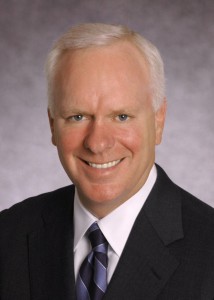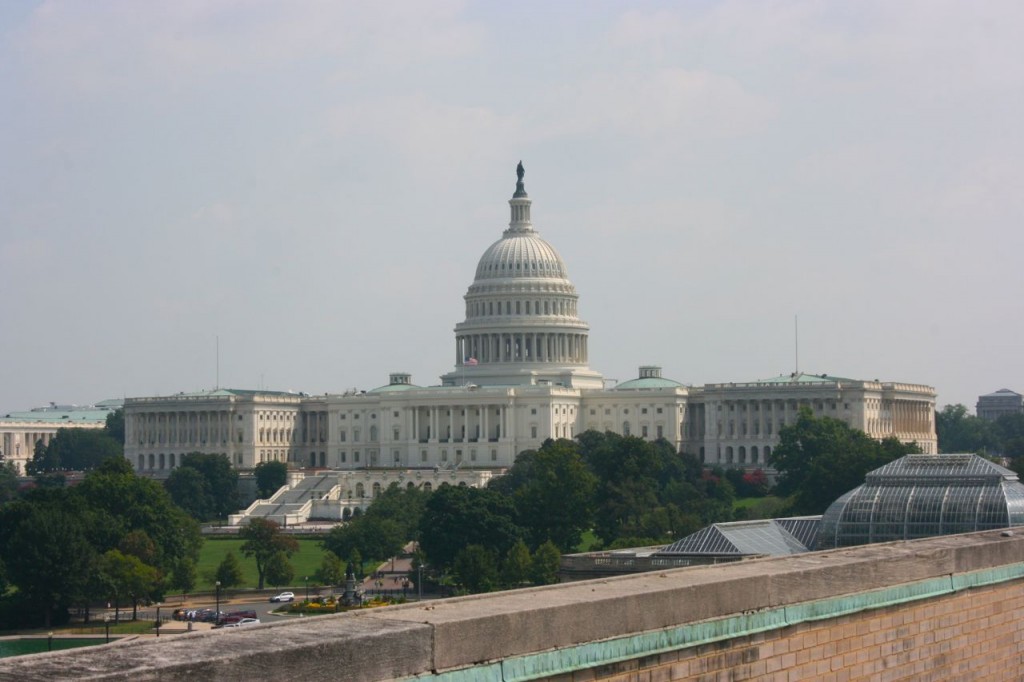(Source: BBG/USAGM Press Release)
WASHINGTON, Aug. 22, 2018
Effective immediately, the Broadcasting Board of Governors (BBG), an independent U.S. government agency that employs thousands of talented journalists, storytellers, and media professionals, is now the U.S. Agency for Global Media (USAGM).
The U.S. Agency for Global Media is a modern media organization, operating far beyond the traditional broadcast mediums of television and radio to include digital and mobile platforms. The term “broadcasting” does not accurately describe what we do. The new name reflects our modernization and forward momentum while honoring our enduring mission to inform, engage and connect people around the world in support of freedom and democracy.
We recognize the overdue need to communicate the evolving, global scope of our work as well as our renewed, urgent focus on the agency’s global priorities, which reflect U.S. national security and public diplomacy interests. USAGM is an independent federal agency that provides accurate, professional, and objective news and information around-the-globe in a time of shifting politics, challenging media landscapes, and weaponized information. Our identity and name will now address these realities.
The decision to change our name was a result of thorough research and extensive consultation with numerous internal and external stakeholders, including the BBG Board of Governors, agency staff and leadership at all levels, the five networks, Congress, the Administration, and interagency colleagues.
As with the BBG, the U.S. Agency for Global Media encompasses five networks: the Voice of America (VOA), Radio Free Europe/Radio Liberty (RFE/RL), the Office of Cuba Broadcasting (Television and Radio Martí), Radio Free Asia (RFA), and the Middle East Broadcasting Networks (MBN). These networks collectively reach an unduplicated weekly audience of 278 million people in 59 languages and in more than 100 countries. Insulated by a firewall from political influence, these networks will continue to deliver truth and professional journalism to people living in some of the world’s most closed societies.
Now more than ever, people around the world need access to the truth. USAGM continues to tell the truth, and illuminate the world like no other news organization in the world.
Video: Lansing On USAGM
Click here to view on YouTube.
Learn more about U.S. Agency for Global Media
For more information
Nasserie Carew
US Agency for Global Media Public Affairs
202-203-4400
[email protected]








